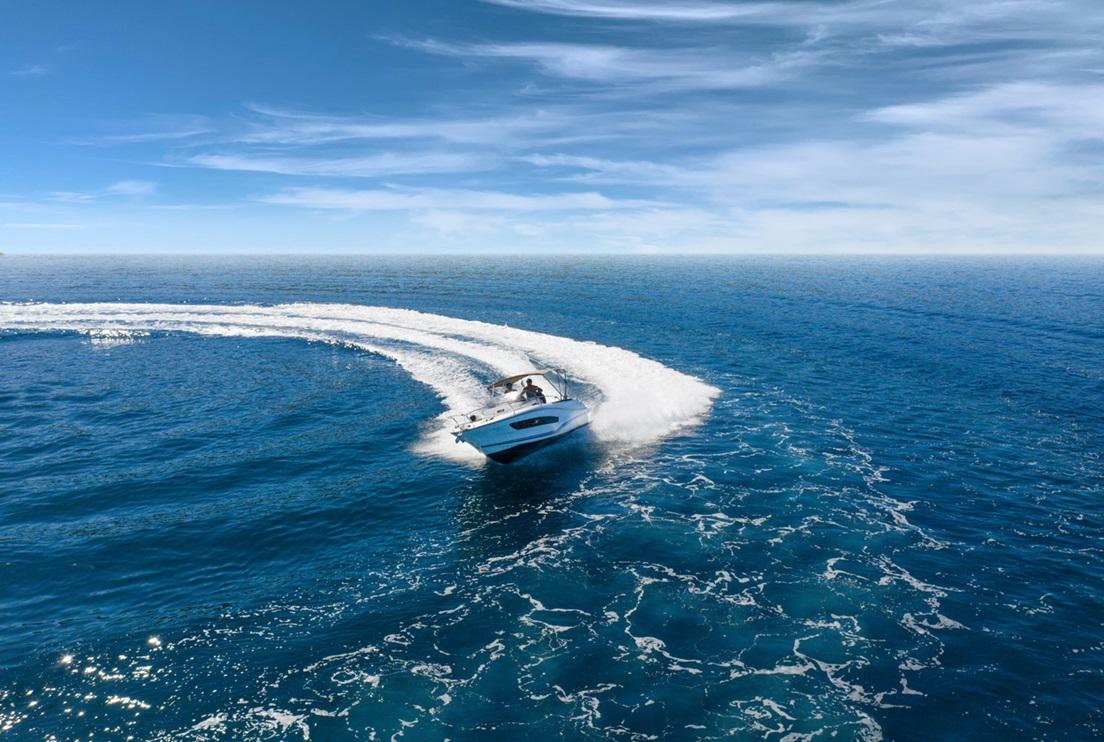Design Changes that Can Mean Fewer Boat Accidents

A new analysis commissioned by the American Boat and Yacht Council (ABYC) claims that boats meeting a certain standard for design, construction, maintenance and repair are safer, and that accidents happen less with these boats and, when they do, are less severe.
The ABYC is a nonprofit that sets voluntary safety standards above those of the minimum specifications from the U.S. Coast Guard (USCG). Since 1971, the USCG has implemented mandatory boat manufacturing and safety standards. As a result, recreational boating fatality rates have declined, from 28.7 deaths per 10,000 boats in 1971 to 5.5 deaths per 10,000 boats in 2022.
As part of the study, researchers reviewed a dataset containing 12,271 boats built between 2008 and 2021 that were associated with 11,355 boating accidents and classified them by their safety standards. Boats certified by the National Marine Manufacturers Association (NMMA), which meet ABYC standards, were 43-47 percent less likely to be involved in certain types of accidents, according to the analysis. Adherence to the ABYC standards also reduced the likelihood of deaths by 26-58 percent in accidents that do occur. Additionally, boats in compliance with ABYC standards were seven times less likely to be recalled by the USCG for safety issues.
Causes of accidents that could be controlled and reduced by ABYC standards included carbon monoxide exposure, failure to vent, ignition of spilled fuel or vapor, hull failure, overloading, inadequate onboard navigation lights, improper loading, and equipment and machinery failure. Based on its review, ABYC identified six priority changes:
- Apply electrical requirements to outboard motorboats.
- Apply fuel requirements to outboard motorboats.
- Introduce carbon monoxide detectors to boats with enclosed accommodation. compartment(s).
- Introduce capacity requirements for boats less than 26 feet.
- Introduce powering requirements.
- Include personal watercraft (PWC) in regulations.
Read the full report here.
Accidents on the water can be tragic, especially when personal negligence or a mechanical malfunction is the cause. If you or someone you love was injured in a boating accident and believe that negligence was a factor, please contact us. Having a better understanding of your legal options may help.

